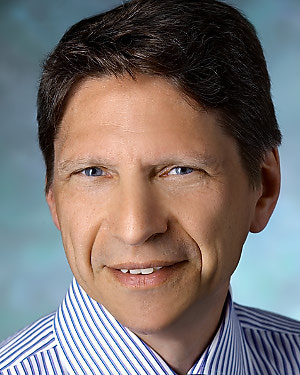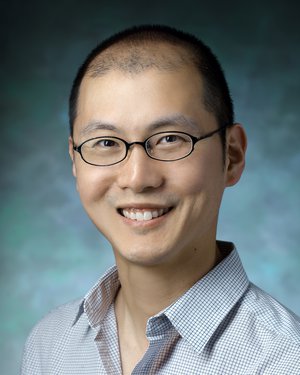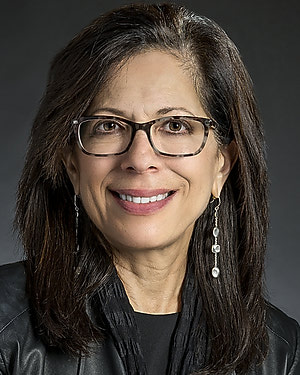Research Lab Results
-
Andrew Laboratory: Center for Cell Dynamics
Researchers in the Center for Cell Dynamics study spatially and temporally regulated molecular events in living cells, tissues and organisms. The team develops and applies innovative biosensors and imaging techniques to monitor dozens of critical signaling pathways in real time. The new tools help them investigate the fundamental cellular behaviors that underlie embryonic development, wound healing, cancer progression, and functions of the immune and nervous systems. -
Joel Pomerantz Laboratory
The Pomerantz Laboratory studies the molecular machinery used by cells to interpret extracellular signals and transduce them to the nucleus to affect changes in gene expression. The accurate response to extracellular signals results in a cell's decision to proliferate, differentiate or die, and it's critical for normal development and physiology. The dysregulation of this machinery underlies the unwarranted expansion or destruction of cell numbers that occurs in human diseases like cancer, autoimmunity, hyperinflammatory states and neurodegenerative disease. Current studies in the lab focus on signaling pathways that are important in innate immunity, adaptive immunity and cancer, with particular focus on pathways that regulate the activity of the pleiotropic transcription factor NF-kB.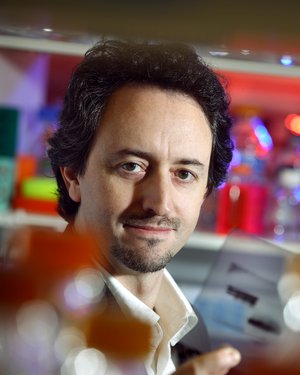
-
Jeff Bulte Lab
The clinical development of novel immune and stem cell therapies calls for suitable methods that can follow the fate of cells non-invasively in humans at high resolution. The Bulte Lab has pioneered methods to label cells magnetically (using tiny superparamagnetic iron oxide nanoparticles) in order to make them visible by MR imaging. While the lab is doing basic bench-type research, there is a strong interaction with the clinical interventional radiology and oncology groups in order to bring the methodologies into the clinic.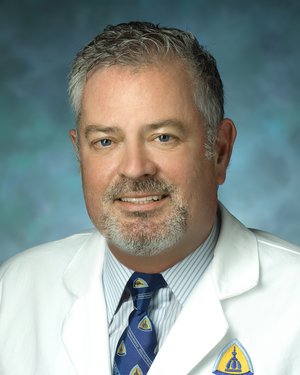
-
Jungsan Sohn
Dr. Sohn's lab is interested in understanding how biological stress-sensors are assembled, detect danger signals and initiate stress response. Innate immunity is the first line of defense against invading pathogens in higher eukaryotes. We are using in vitro quantitative biochemical assays and mutagenesis and x-ray crystallography to investigate the underlying operating principles of inflammasomes, a component of the innate immune system, to better understand biological stress sensors. -
Franck Housseau Lab
The Franck Housseau Lab focuses on the role of the microbiome in colorectal tumorigenesis and on developing a better understanding of the tumor immune microenvironment. The lab is currently working to define the biomarkers of a pre-existing antitumor immune response in metastatic colorectal cancer to define a population of patients eligible for checkpoint blockade therapies.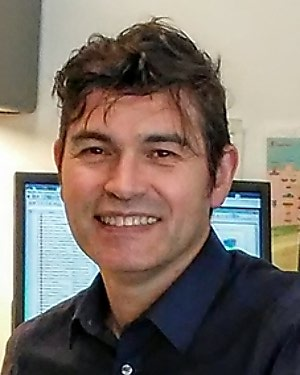
-
Suzanne Topalian Lab
Our lab currently focuses on three areas of immunotherapy research: gaining a deeper knowledge of the biological underpinnings of human autoimmune response; discovering biomarkers that will help us identify which patients and tumor types are most likely to respond to various immune therapies; and developing immune-based treatment combinations that could deliver a more powerful anti-tumor response than monotherapies.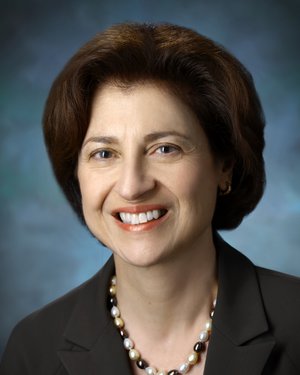
-
Elizabeth M. Jaffee, M.D.
Current projects include: The evaluation of mechanisms of immune tolerance to cancer in mouse models of breast and pancreatic cancer. We have characterized the HER-2/neu transgenic mouse model of spontaneous mammary tumors. This model demonstrates immune tolerance to the HER-2/neu gene product. This model is being used to better understand the mechanisms of tolerance to tumor. In addition, this model is being used to develop vaccine strategies that can overcome this tolerance and induce immunity potent enough to prevent and treat naturally developing tumors. More recently, we are using a genetic model of pancreatic cancer developed to understand the early inflammatory changes that promote cancer development. The identification of human tumor antigens recognized by T cells. We are using a novel functional genetic approach developed in our laboratory. Human tumor specific T cells from vaccinated patients are used to identify immune relevant antigens that are chosen based on an initial genomic screen of overexpressed gene products. Several candidate targets have been identified and the prevelence of vaccine induced immunity has been assessed . This rapid screen to identify relevant antigenic targets will allow us to begin to dissect the mechanisms of tumor immunity induction and downregulation at the molecular level in cancer patients. More recently, we are using proteomics to identify proteins involved in pancreatic cancer development. We recently identified Annexin A2 as a molecule involved in metastases. The analysis of antitumor immune responses in patients enrolled on vaccine studies. The focus is on breast and pancreatic cancers. We are atttempting to identify in vitro correlates of in vivo antitumor immunity induced by vaccine strategies developed in the laboratory and currently under study in the clinics. -
Drew Pardoll Lab
The Pardoll Lab focuses on the regulation of antigen-specific T cell responses and studies approaches to modify these responses for immunotherapy. Pardoll has a particular interest in cancer immunology and his lab’s studies on basic immunologic mechanisms have led to the development and design of a number of cancer vaccines and discovery of key checkpoint ligands and receptors, such as PD-L2, LAG-3 and neuritin, many of which are being targeted clinically. Our primary pursuits are discovering and elucidating new molecules that regulate immune responses, investigating the biology of regulatory T cells, and better understanding the specific biochemical signatures that allow a patient’s T cells to selectively target cancer cells.